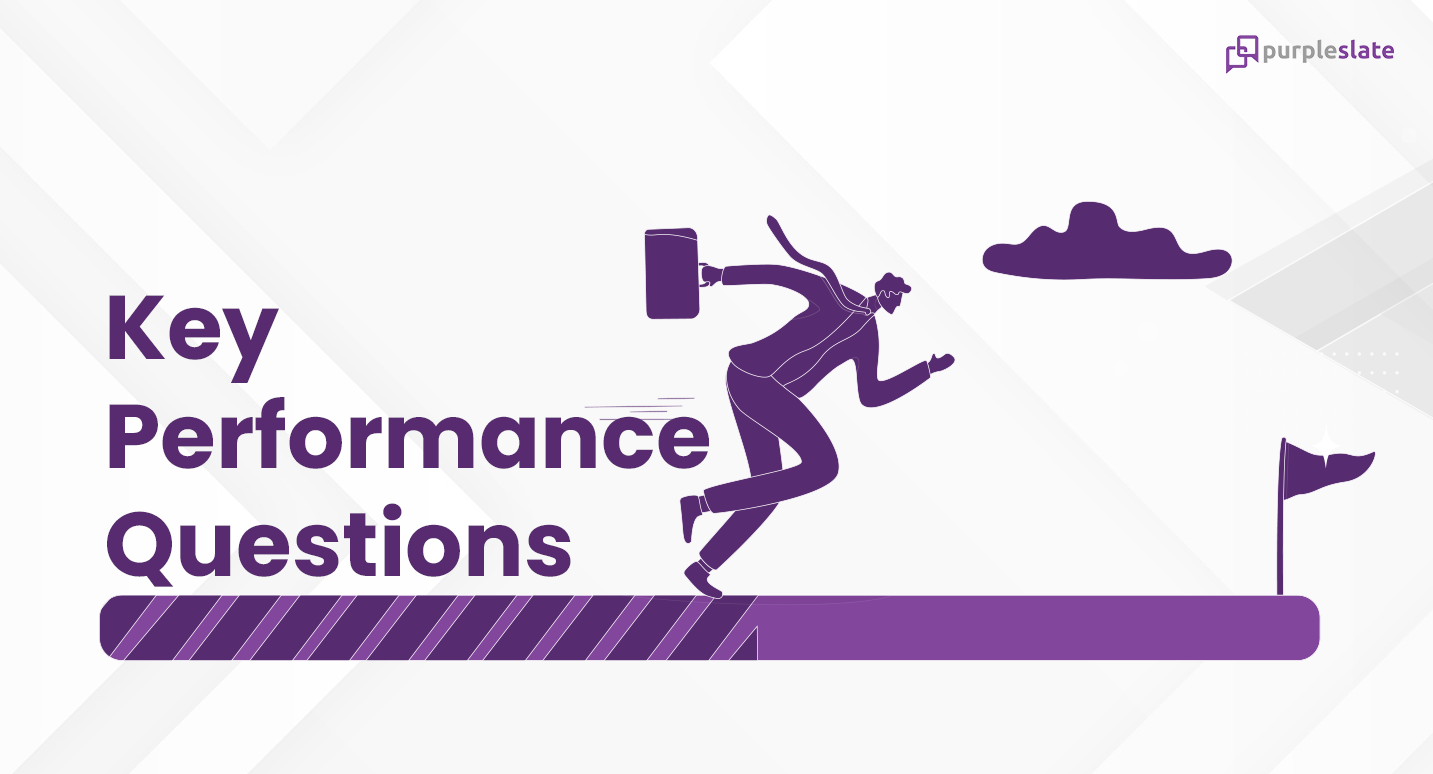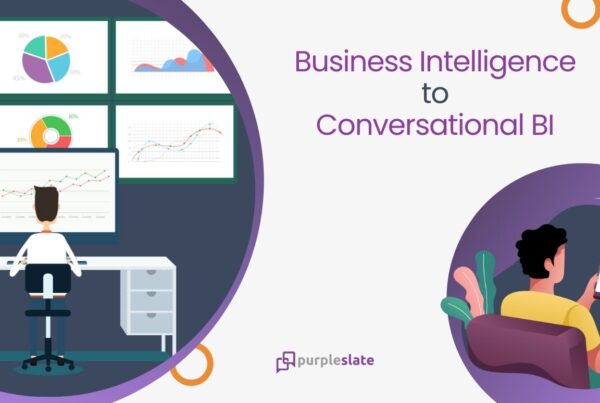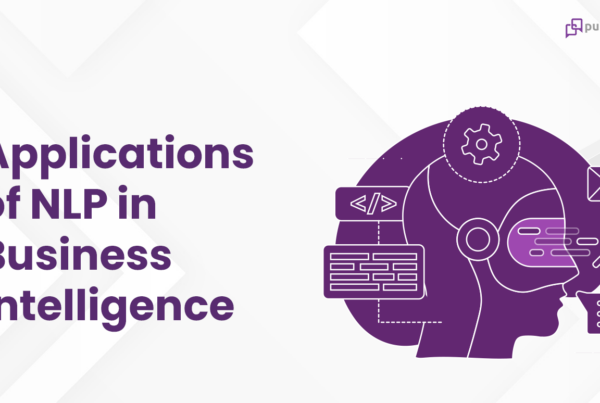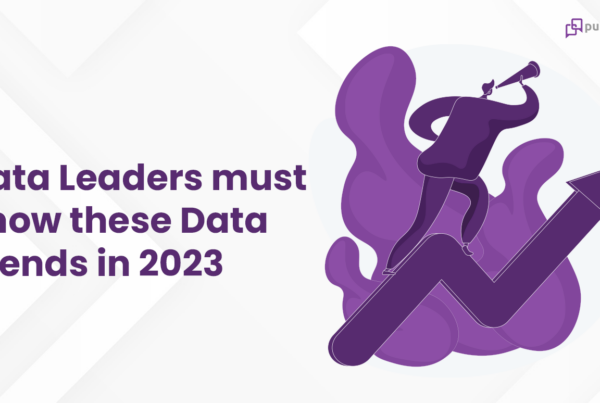
As the saying goes, “You can’t improve what you don’t and can’t measure.” By “measurement”, we mean collecting enough data or evidence of what has happened or how things have happened. This applies to both human processes and machines, in the form of data dumps from edge devices.
Both individuals and companies put in significant effort to gather data and organize it into reports, scorecards, and dashboards that can offer insights into different entities, activities, and business processes. However, many managers struggle to identify what truly matters to measure and end up overwhelmed by the sheer volume of information. This can be just as unproductive as having no performance measures at all.
The Key Performance Indicators (KPIs) as they are commonly called are vital pieces of information that many effective managers use to drive performance along the key dimension of the business or operations. To design effective KPIs, it is important to have a clear understanding of what needs to be measured and what particular question the KPIs would answer.
We run the company by Questions and not by Answers – Eric Schmidt
As the Google’s executive chairman says, ‘in the strategy process we’ve formulated 30 questions that we have to answer. You ask that as a question, rather than a pithy answer, and that simulates a conversation.’
KPIs is not purely a number game. These are a robust set of guiding indicators that often provide an answer and trigger a healthy discussion on the present course of flight on achieving something. Hence it is not a bad idea to call these indicators as Key Performance Questions or KPQs.
As a sales manager focused on improving profitability, it’s important to regularly ask the question, “How much profit are we generating from our sales?” To answer this question, a key performance indicator to track would be the monthly profitability of different customers.
As an IT manager with a strategic objective of managing your IT spend without compromising quality of service, it’s important to regularly assess whether your current IT spend is above or below budget. To do so, you can use the KPI ‘Monthly IT spend against the budget’.
As a Project Manager with a strategic objective of delivering quality projects to your customers, it’s important to know how likely it is for your customers to complain about project quality. To answer this question, you can use the KPI ‘Defect density’.
Usually, we ask questions to learn, clarify, discover truths, and gain insight. While conventional business intelligence dashboards offer a range of KPIs to answer these questions, a good answer’s strength lies in its potential to inspire more thought provoking questions within a context, which enables the user to broaden their understanding and ask deeper questions for improved reasoning and clarity.
Going back to our examples, it is not just sufficient to know ‘What is the Customer Profitability?’, in the form of a metric. A great way to seek clarity is to better understand
- What is the customer profitability?
- How has it changed over a period of time?
- What constitutes my customer profitability?
- How does it change over a period of time?
- What contributes to the change over a period of time?
- What could be done as an action item, if at all there is one.
In the case of the Project Manager, it is not about knowing what is the Defect Density. It
is more towards helping her help her customer get services of highest quality.
- What is the defect density?
- How has it changed over a period of time?
- Which stream or work items contribute the more?
- Did my recent changes to the software development process help improve quality?
- What else I could do to improve quality?
Questions that help you manage your strategic and operational objectives. Questions
that gets you the simplest of answers.
Although the KPIs to measure could be standardized across industries and business
activities, the questions that you need to ask are very much specific to the individual: their knowledge level, what they care about, and what they need to know. This is one of the biggest traps or shortcomings of the dashboard approach to consuming KPIs – a standard array of metrics for everyone.
Plenty of literature has been dedicated to outlining the Do’s and Don’ts of KPIs – what to measure – but little attention has been given to guiding users on how to ask the right questions. Ultimately, what counts is your capacity to obtain answers from your data at the most critical moments. More specifically, it’s about asking the most relevant questions.
So should be the ability of the Business Intelligence tools of tomorrow. It’s goal is not to
make the dashboards dead or the data analyst as redundant and obsolete. It’s goal should be to empower people and businesses of the coming ages to ask the right questions to gain knowledge, informed, solve problems and take actions.
Time to say Hello to Key Performance Questions or KPQs and an AI powered application that aids KPQs and encourages the users to engage in a meaningful conversation on their data.
KPQs powered by Kea.
Ask us how.




